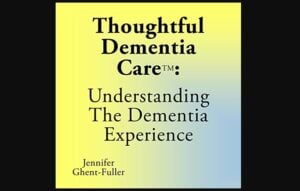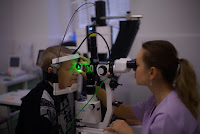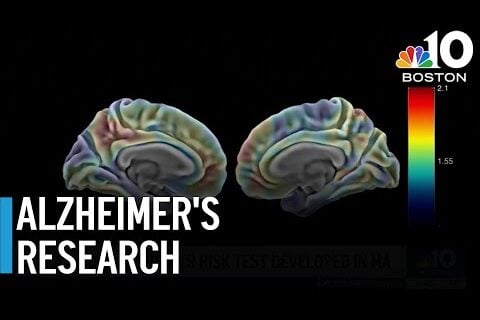The awe we feel when touched by the beauty of nature, art and spirituality is associated with lower levels of cytokines, which are proteins that signal the immune system to work harder.
“Our findings demonstrate that positive emotions are associated with the markers of good health,” said Jennifer Stellar, a postdoctoral researcher at the University of Toronto and lead author of the study, which she conducted while at UC Berkeley. (Article continued below video…)
Dementia Books & Videos on Amazon:
FREE Newsletter:
While cytokines are necessary for herding cells to the body’s battlegrounds to fight infection, disease and trauma, sustained high levels of cytokines are associated with poorer health and such disorders as type-2 diabetes, heart disease, arthritis, Alzheimer’s disease and clinical depression.
Awe’s Direct Influence on Aging and Alzheimer’s
It has long been established that a healthy diet and lots of sleep and exercise bolster the body’s defenses against physical and mental illnesses. But the Berkeley study, whose findings were just published in the journal Emotion, is one of the first to look at the role of positive emotions in that arsenal.
“That awe, wonder and beauty promote healthier levels of cytokines suggests that the things we do to experience these emotions — a walk in nature, losing oneself in music, beholding art — has a direct influence upon health and life expectancy,” said UC Berkeley psychologist Dacher Keltner, a co-author of the study.
Two Separate Experiments
In two separate experiments, more than 200 young adults reported on a given day the extent to which they had experienced such positive emotions as amusement, awe, compassion, contentment, joy, love and pride. Samples of gum and cheek tissue, known as oral mucosal transudate, taken that same day showed that those who experienced more of these positive emotions, especially awe, wonder and amazement, had the lowest levels of the cytokine, Interleukin 6, a marker of inflammation.
In addition to autoimmune diseases, elevated cytokines have been tied to depression. One recent study found that depressed patients had higher levels of the pro-inflammatory cytokine known as TNF-alpha than their non-depressed counterparts. It is believed that by signaling the brain to produce inflammatory molecules, cytokines can block key hormones and neurotransmitters — such as serotonin and dopamine — that control moods, appetite, sleep and memory.
Awe: Potent Predictor of Reduced Pro-inflammatory Cytokines
In answer to why awe would be a potent predictor of reduced pro-inflammatory cytokines, this latest study posits that “awe is associated with curiosity and a desire to explore, suggesting antithetical behavioral responses to those found during inflammation, where individuals typically withdraw from others in their environment,” Stellar said.
As for which came first — the low cytokines or the positive feelings — Stellar said she can’t say for sure: “It is possible that having lower cytokines makes people feel more positive emotions, or that the relationship is bidirectional,” Stellar said.











